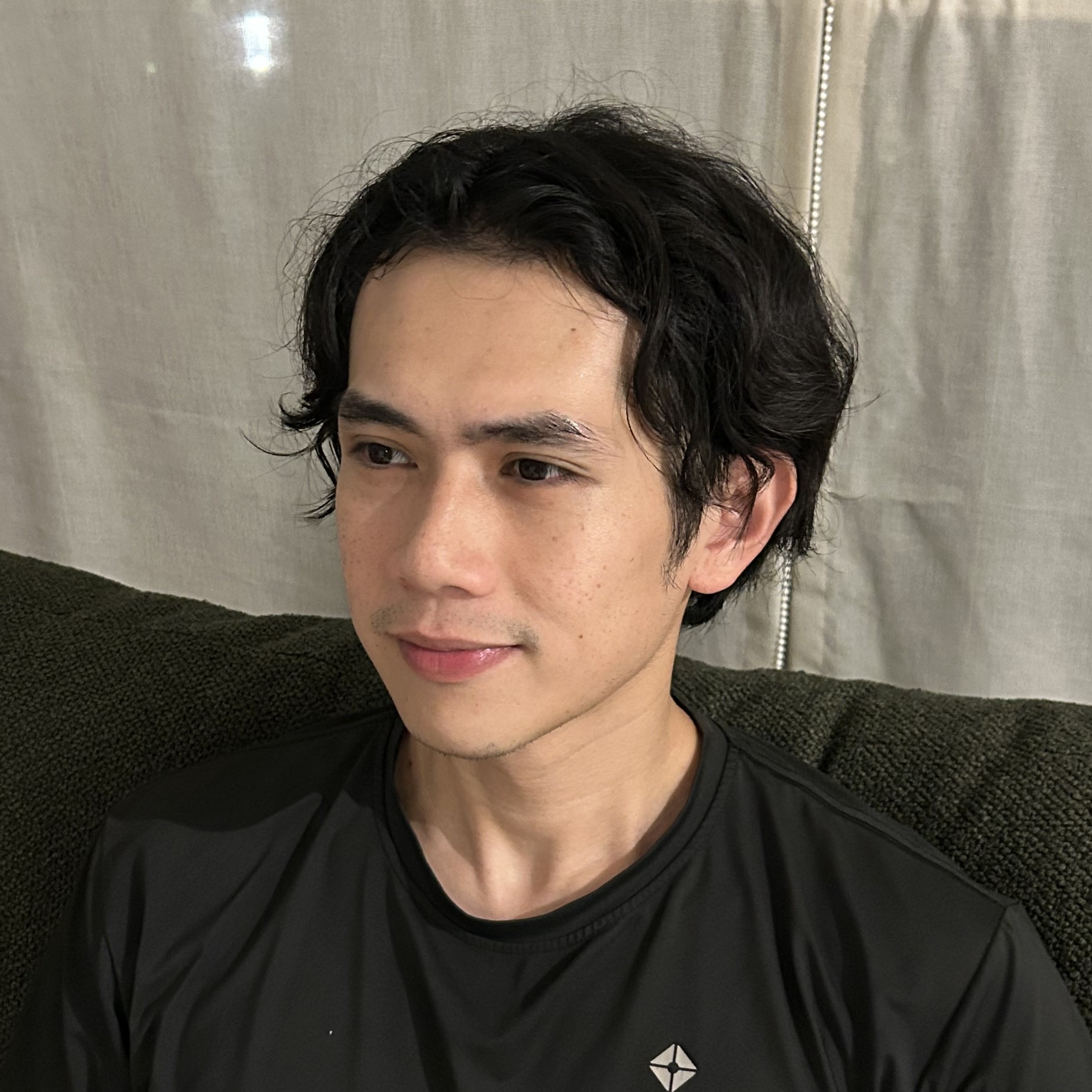Framework to Creating a Winning Environment
Answer these 3 questions every time before you start working
In Work Less episode 17, I share the three areas we can work on to manage ourselves effectively. They are our energy, environment, and psychology. Today I want to talk more about our environment and how to design one that helps us do our best work.
Most people overestimate themselves—their will, motivation, and discipline—and underestimate their environment. That's certainly true for me.
One time I was on a casual work trip alone to Kuala Lumpur, and I thought to myself: "Ah! Now that I don't have to take care of the dog and spend time with my wife, I will have all the time and freedom to meditate, read, write, sleep at 9 PM and wake up at 5 AM. You know. All the good stuff." I told myself, "I will double down on my daily protocol since there are fewer distractions and obligations."
But boy, I was wrong. I got worse. I didn't read a word that week. I write but without focus. And I spent time on my phone until late at night.
Instead of distractions, being at home with my wife and dog sets the structure and boundaries for spending my time and energy. The environment pushes me to practice my daily protocol—without overthinking them.
One of the best ways to do great work is by designing a winning work environment. Environment design works because what we do depends on the stimulus-behavior loop. Or the habit loop. We get exposed to a stimulus; we behave a certain way. With enough repetitions, our brain snaps into action whenever the stimulus is present—sometimes even without us thinking about it.
To get started, you can use what I called the 3-question framework: Where? When? What?
- Where do you work? It could be a home office, a co-working space, or a coffee shop. Also, think about the digital space you are in when you work.
- When do you work? Figure out and set the day and time you start and end working.
- What will you be working on? Before you start, know what you're going to work on. You might not yet know the full detail and process. But it's good to have an objective and decide how to start and end your work session.
Your job will consist of different types of work that serve different functions. Some require deep focus, and some needs you to stay alert and open. Repeat the 3-question framework for every one of them. They will then piece together into your work day and week.
Creating a winning environment is all about controlling the stimuli. They are present even when you're not designing them intentionally. The 3-question framework makes you aware of them, so you can add what works and remove what doesn't.


